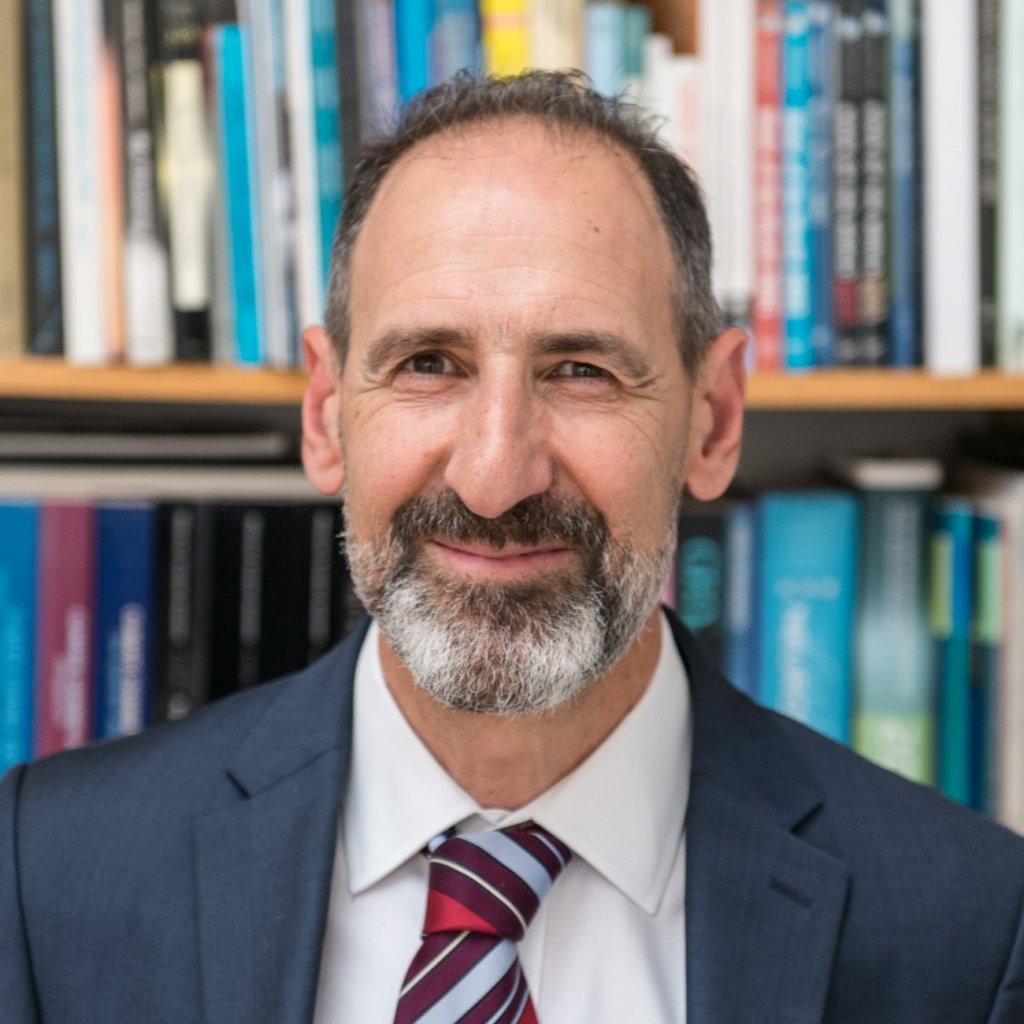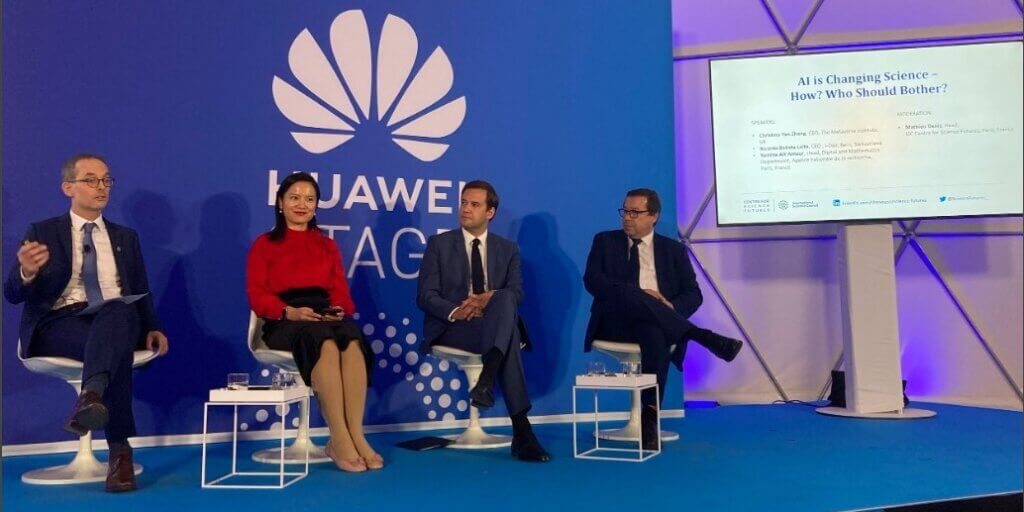
It has been proposed by a number of academics and policy experts that the International Science Council – with its pluralistic membership from the social and natural sciences – establish a process to produce and maintain an annotated framework/checklist of the risks, benefits, threats and opportunities associated with rapidly moving digital technologies, including – but not limited to – AI. The purpose of the checklist would be to inform all stakeholders – including governments, trade negotiators, regulators, civil society and industry – of potential future scenarios, and would frame how they might consider the opportunities, benefits, risks and other issues.
We encourage you to join the discussion on the ideas presented in this paper, and on its framework by using the form at the bottom of the page.

The ISC is pleased to present this discussion paper on evaluating rapidly developing digital and related technology. Artificial Intelligence, synthetic biology and quantum technologies are prime examples of innovation, informed by science, emerging at an unprecedented pace. It can be challenging to systematically anticipate not only their applications, but also their implications.
Evaluating the societal aspects of generative AI such as large language models, which predictably represent the bulk of this discussion paper, is a needed bridge within the current discourse – sometimes panic-driven, other times not profound enough in thought – and the necessary courses of action we can take. The ISC is convinced that an analytical framework between the social acceptance of such new technologies and their possible regulation is required to facilitate the multistakeholder discussions that are needed to take informed and responsible decisions on how to optimize the social benefits of this rapidly emerging technology.
The ISC is open to reactions from our community through this discussion paper in order to assess how best to continue being part of and contributing to the debate around technology.
Salvatore Aricò, CEO
Many people have been consulted in the development of this paper, which was drafted by Sir Peter Gluckman, President, ISC and Hema Sridhar, former Chief Scientist, Ministry of Defence, and now senior research fellow, University of Auckland, New Zealand .
In particular we thank:
The ISC’s think tank, the Centre for Science Futures is set to release a working paper on “Preparing Science Ecosystems for AI” early in 2024. The paper will include a literature review, and issues map, and a series of short country case studies. The hope is the paper will contribute driving discussions amongst policymakers, industry leaders, and researchers alike as they develop roadmaps towards harnessing AI’s potential for the betterment of science and research.

AI for science: Insights from Asia-Pacific
In early October, the ISC Centre for Science Futures marked a pivotal moment in its most recent initiative on Artificial Intelligence (AI) for Science, as 14 esteemed delegates and experts representing 12 countries, mostly from Asia-Pacific, assembled for a timely meeting in Kuala Lumpur, Malaysia with the support of the Australian Academy of Science. ➡️Read more

AI is Changing Science – How? Who Should Bother?
A critical look at the Artificial Intelligence’s (AI) impact on science from different perspective and actors – from public funders to private high-tech institutions – reveals a shared concern for the lack of transparency and cooperation in creating a more human-centred approach that would deliver on the promise of science as a global public good. ➡️Read more
Image: adamichi on iStock